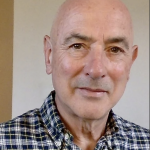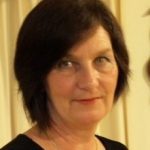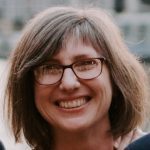QOSA Orff Levels Training Courses 2023
ANNOUNCEMENT:
It is with much regret that the QOSA committee will NO LONGER be offering Levels Courses 1 and 4 in September 2023.
QOSA aims to ensure that the Levels Course experience for all of our participants is of the utmost standard. There have arisen a significant number of contributing factors to limit our ability to deliver this standard with surety under the current circumstances.
We would like to direct those interested in Levels 1-3 to consider the Courses offered by OrffNSW in September. More information here.
Nationally Accredited Teacher Training Courses Levels 1 & 4
Creative Music and Movement Education
Monday 25 September - Friday 29 September 2023
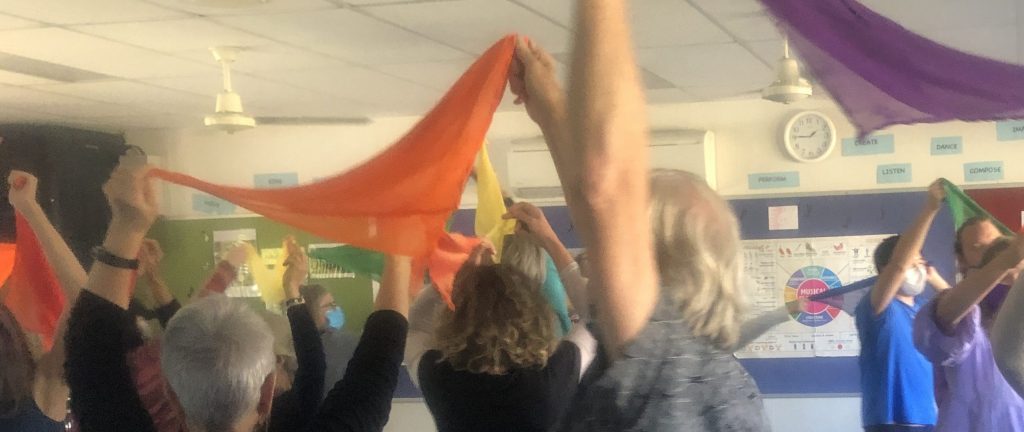
If you have found Orff Schulwerk workshops stimulating and want to gain greater insight into the practical application of Orff principles in teaching, you will welcome this opportunity to immerse yourself in Orff processes with the guidance of experienced Orff teachers.
Whilst both challenging and great fun, this sequential course is guaranteed to deepen your understanding of the Orff approach and to provide you with the tools to implement these ideas creatively in your own educational setting.
QOSA will not be offering Level 2 and Level 3 in 2023. Please check the availability of Courses being run in other States this year.
The course fee includes tuition with comprehensive notes.
Both morning and afternoon teas are also provided. BYO lunch.
An ANCOS approved Certificate of Achievement will be awarded to attendees who successfully complete all attendance, participation and assessment requirements.
Registrations Close: Monday 4 September 2023
An invoice can be requested via the registration form as needed.
NB The online registration form must be submitted for registration to be complete.
For further information, please contact info@qosa.org.au
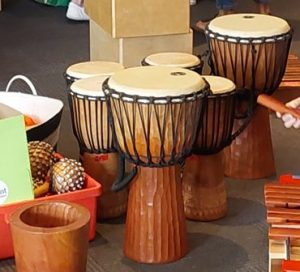
Please note: You may only register for one level course during this period. There is no prerequisite for Level 1, but each Level is then a prerequisite for the next.
The following fundamental areas of the Orff approach will be covered:
- Orff Pedagogy: The cornerstone of the Orff approach. This strand deals with the sequence of activities (the Orff process) and the use of specific teaching techniques.
- Orchestration, Analysis & Literature: In the Orff approach, the emphasis on learning lies within the process of learning. Analysis of works therefore, usually occurs after participants have learnt to play, improvise, move, sing and/or speak to a particular piece of music that exemplifies Orff theory.
- Technique & Improvisation: In this strand, creative skills and playing techniques on melodic and non-melodic instruments are experienced. Improvisation is explored on all media, including the voice and body. The care and use of the Orff ensemble is also covered.
- Vocal Development: In the Orff approach, the voice plays an important role through vocables, speech and singing. This is also incorporated in most of the other strands.
- Movement & Dance: The Orff approach recognises a close connection between music and movement and that involvement in one enhances understanding of the other. In this strand, movement vocabulary is learned for creative expressions, as well as for set dance forms.
- Recorder: The recorder plays a useful role in the Orff Schulwerk approach. This strand will look at the history, playing technique, and various ways of using the instrument in the classroom. In Level 1 we start with a descant recorder, and by Level 4 we have explored the treble, tenor and bass recorders.
